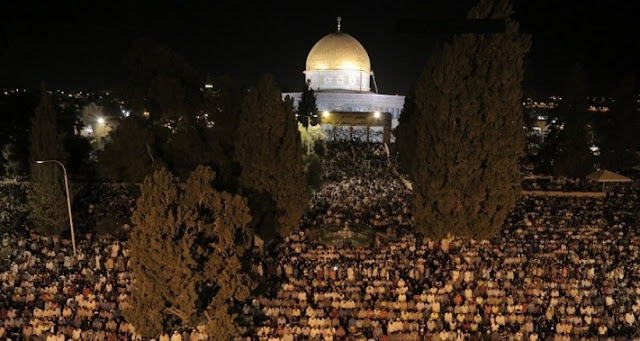- Dec 6, 2009
- 77,862
- 4,177
- 1,815
UNRWA does not define who is a refugee. It is an aid agency and its definition only defines who qualifies for aid.UNRWA has a working definition of something they made up called "Palestine refugees" that have nothing to do with actual refugee status and is entirely for UNRWA to determine who is eligible to receive their services.
Resolution 194 says refugees are those wishing to return to their homes. I assume that means anyone no longer living in their home. There is nothing saying anything about why they left.


